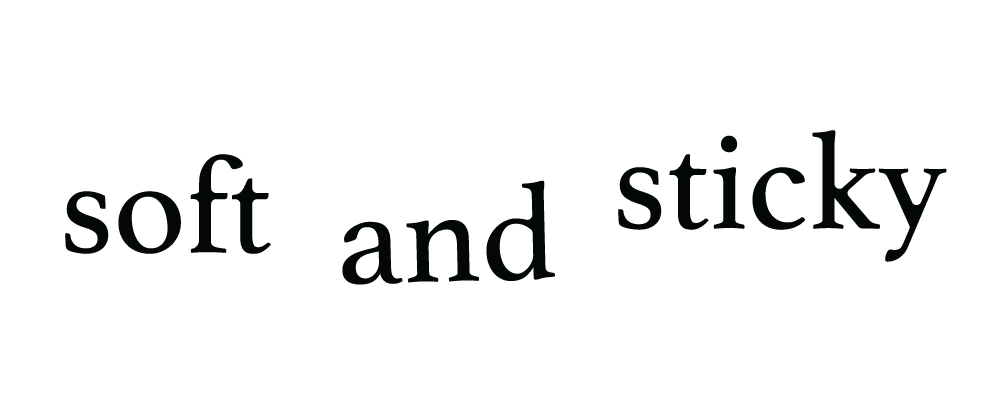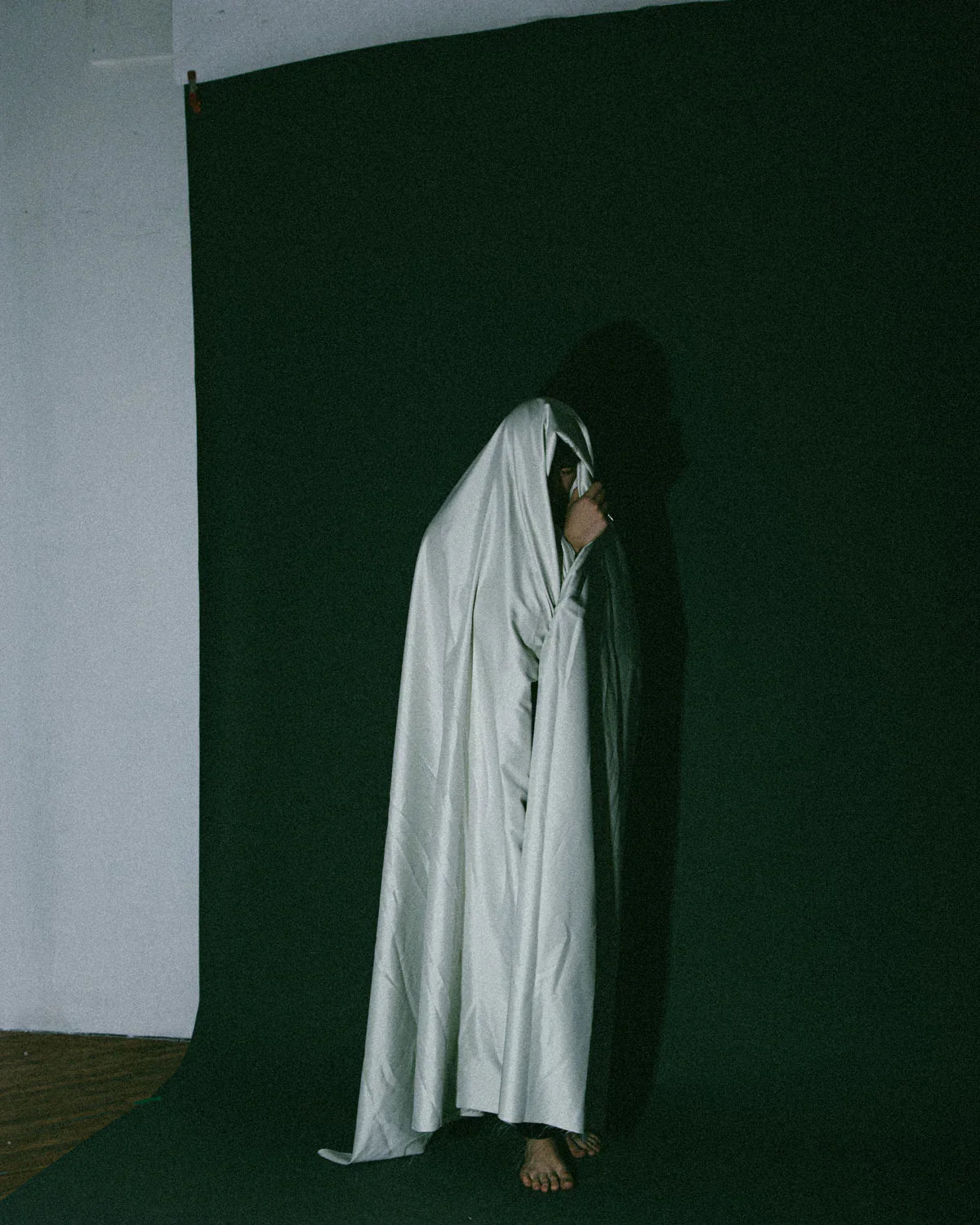There was a time in my life when I didn’t share any of my work. If anyone asked, I'd want to say “no I wasn’t part of that project”.
Maybe you had a time when you were not proud of your work and hid hoping you could stay anonymous and that your name would not show up in the credits. Or ever at all.
I tend to keep a lot of my personal and work projects to myself. I see now that maybe it was my way of protecting myself. Another word for it: the ego.

It’s like loving a thing. Let’s take a film that you love as an example, and not wanting to read any ratings or reviews, because it doesn’t matter what the ratings are - all you know is that you love it. What does it matter if someone hates it?
And it doesn’t. No opinion can matter to you without your permission. Why would you allow someone to tell you how you should feel? It’s not a healthy way to live, and it’s something you need you to think about.
Maybe you feel defensive about the things you like. I used to think that I had to be defensive with my work - and that partly has to do with the education system. The way art/design school trains you to believe the biggest sin? That you deserve to burn at the stakes if you present work during critique stating you did x, y, z because you ‘liked’ it. Design decisions can’t be based around ‘like’ and every detail is meant to be intentional. [It's why sometimes artists and designers can be the best on-the-spot bullshitters.]
And this is why talking about your work is so difficult.
I had a difficult time communicating ideas behind my work and I dreaded it. Hoping, wishing, nobody would ask any questions because I wasn’t sure if I could answer ‘correctly’.
But there’s no correct answer. And when I look back on the time I used to be afraid of showing my work, I see a person who didn’t yet trust myself. And with a different perspective now, I realize that the people who were asking questions were likely people who were interested in the work - and they wanted to know more.
So it can go three ways - you can find people who hate your work, the people who love your work, or the people who don’t love your work but they see what you’re trying to do with it and can respect it anyway.
You want to ignore the first group of people - these people are often silent anyway so let’s forget them because it’s a red flag that they’re closed minded. It would be like talking to a wall, so allow them to build their own walls. And let them walk out your door and wave good-bye to them on their way out.
And then with the other people, share your work. Document your thoughts. File them away and keep them to yourself at first. And when you feel ready to, share them. Tell them what’s in your heart and on your mind. Show them your work and everything in between. The messy truth.
Like the structure of a strong artist’s statement, here are some ways that helped me and might help you talk about your work too:

1. Start with describing your work
What is the title of your work?
Describe the visual principles of the work -
the line, space, tone, light, movement, colour, shape, texture, the style.
Are there any details that are unique to your work?
2. Describe how you made it
How and why did you select the materials and medium?
Describe the process.
Did you try something new?
What went as expected and what didn’t?
Did you discover a happy accident?
3. Trace back the genealogy of your idea
Did you read into any research? Source it.
What subjects or ideas interested you, and and how does it connect to your work?
4. Reflect on your initial goal
Did you reach it? Why or why not?
5. What are your overall feelings?
How will you incorporate your learnings from this work in your future work?
Did it meet your expectations, why or why not?
What are your last thoughts that you want people to know about to understand you and the work a little better?
I hope this helps you as much as it did for me. To finally be able to reflect on your work and be able to talk about it. Trust that you are enough and that you are ready to show up and share your work - because I believe your voice matters and you deserve to be seen, heard, and understood.


